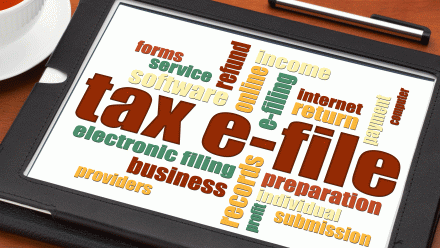Every tax season, ministers who struggle to get their federal and state returns done–or worse, get started too late or don’t start them at all–may get a little bit anxious.
When that happens, it’s natural to look for help.
And, in the tax industry, preparation software is a common solution.
Did you know an Advantage Membership unlocks unlimited access to our extensive content library?
Whether TurboTax, TaxAct, or H&R Block, these programs are relatively inexpensive compared to hiring a qualified tax preparer. They also tend to take only a few hours to complete from start to finish.
But ministers need to note three cautions before using one of these programs.
Three cautions
Ministers have unique rules and benefits that make their tax reporting different from most people. Three of them aren’t addressed well by tax preparation software.
Michele Wales and Jessica Hebb from national CPA firm Batts, Morrison, Wales & Lee outlined them for Church Law & Tax, and ministers should note where to work cautiously if they use a software program:
- The “dual tax status” of ministers: Ministers are treated as employees for income tax purposes, but they are treated as self-employed for purposes of Social Security and Medicare.
- Housing and parsonage allowances: Qualified ministers are eligible to have a portion of their incomes designated, tax-free, to cover eligible housing or parsonage costs. But tax prep software isn’t tailored to account for such allowances.
- Business expenses. Many tax software options do not automatically calculate the nondeductible portion of business expenses allocable to the tax-free portion of a minister’s income. This means a manual adjustment must be made.
What to do?
That’s not to say tax prep software is off-limits to ministers. The options can be used if proper caution is applied to these three topics.
But as Wales and Hebb note, it is still wise to have a qualified tax preparer review the returns. Do this before filing them.
Ministers have options for finding that qualified person who can help. Along with CPAs, enrolled agents may be a viable–and possibly less expensive–path.
Our searchable, online, and updated Church & Clergy Tax Guide addresses the tax status of ministers, the housing and parsonage allowances, and business expenses.
Similarly, the companion 2026 Church and Clergy Tax Prep Guide–a downloadable resource–walks ministers step-by-step through their federal Form 1040s.
